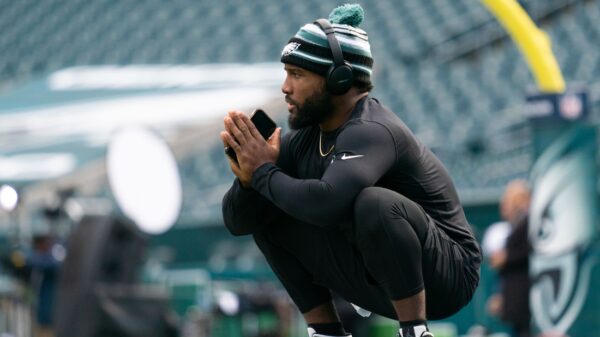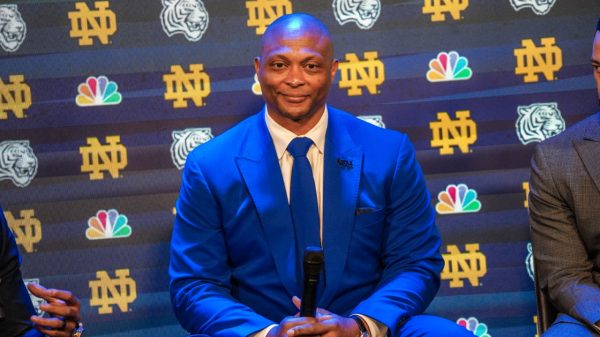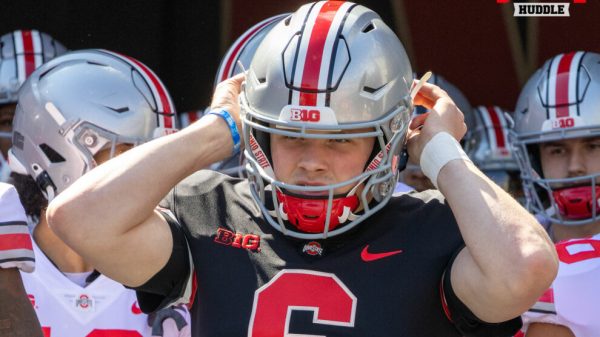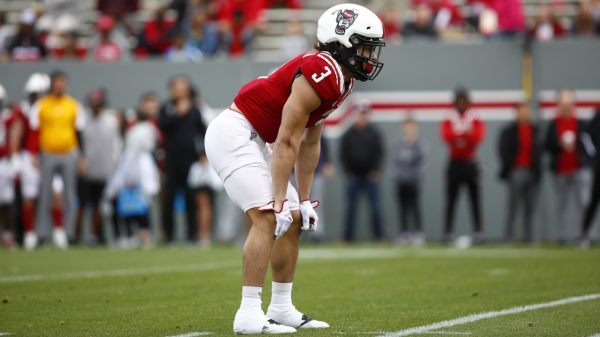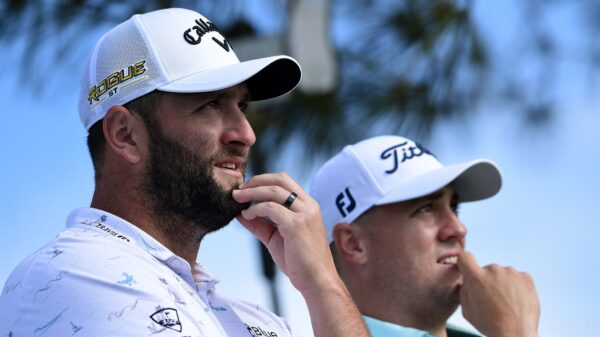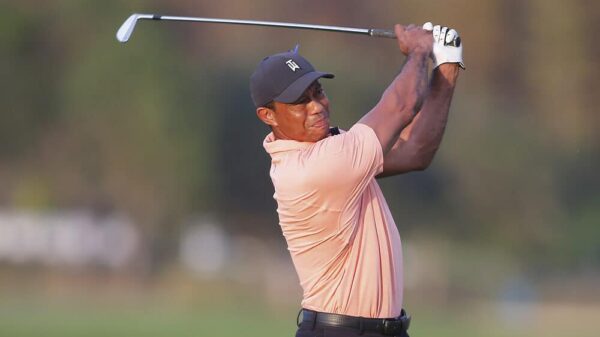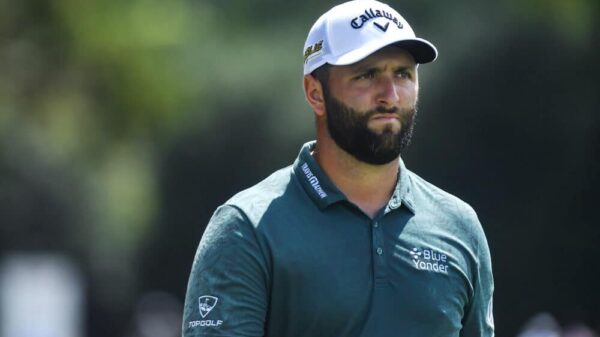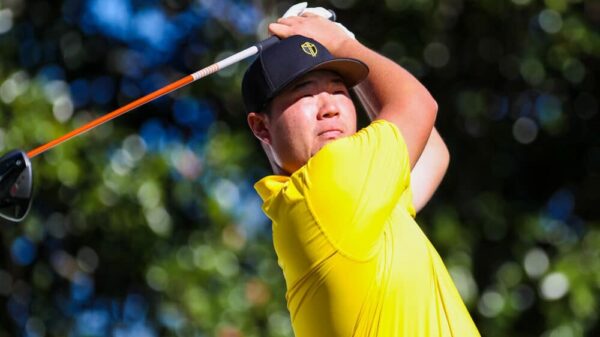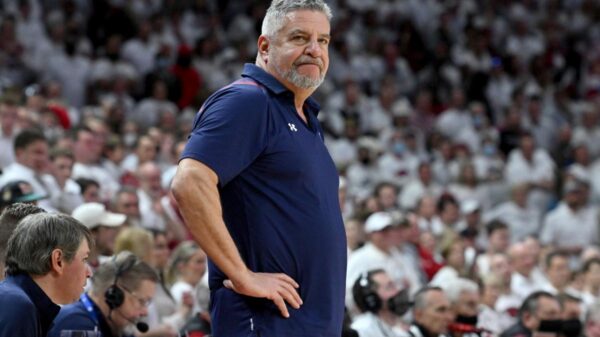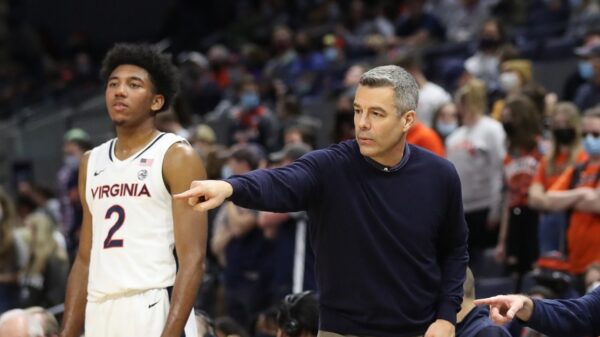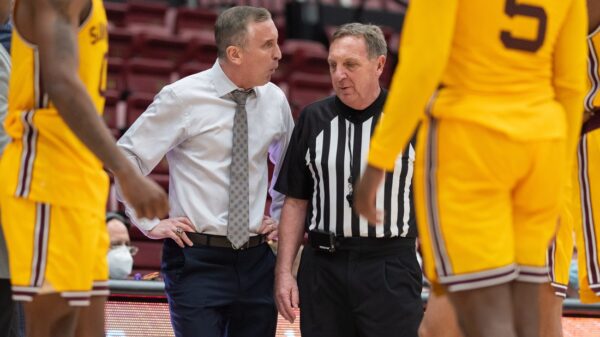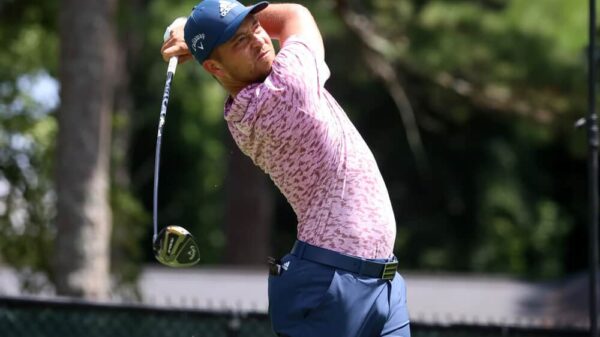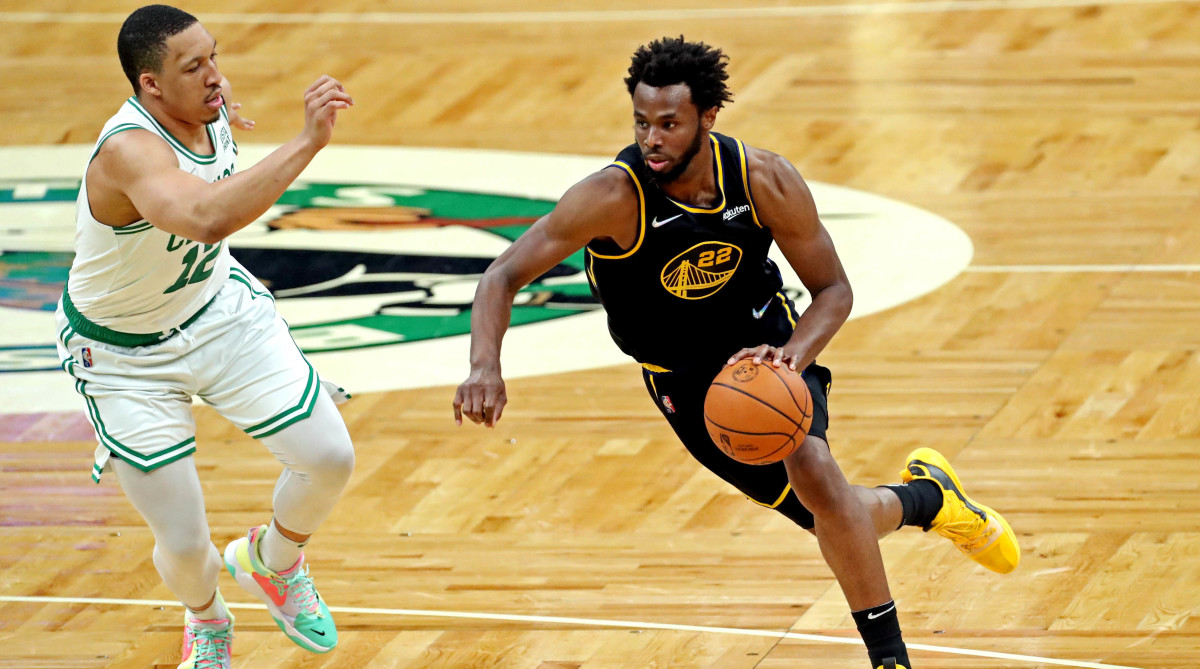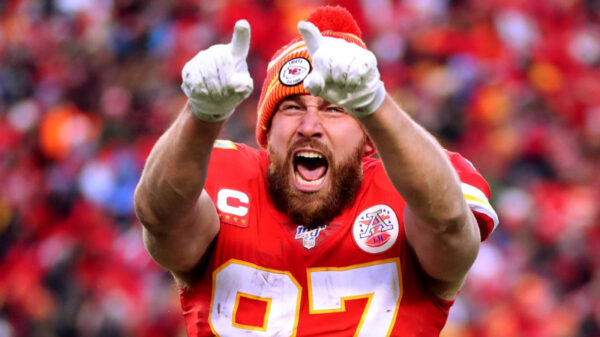BOSTON — It’s easy to forget: Before this postseason, Andrew Wiggins had experienced only one playoff series in his entire career. Basketball is basketball for someone who’s about to wrap up his eighth year in the NBA—and just played in his first All-Star Game—but the possession-to-possession intensity, quarter-to-quarter emotional swings and game-to-game stakes are new for Wiggins, whose battle-tested teammates can’t win these Finals without him.
Steph Curry could’ve bent a spoon with his mind on Friday night and it would’ve been an afterthought; his dazzling 43 points (on 7-for-14 shooting from three) were out of body. But the show would’ve been for naught if not for Wiggins, who remains a barometer for Golden State in this particular matchup. In Game 3, he disappeared and the Warriors fell apart. In Game 4, he had the most important night of his professional life: 17 points and a career-high 16 rebounds, with some huge shots in the first quarter that settled Golden State down against a Boston team that immediately pounced inside a deafening arena.
With Wiggins on the floor, Golden State outscored the Celtics by 20 points. In the five minutes (!) he sat, Golden State was minus-10. So much noise inhabits any single game’s plus/minus numbers, particularly when the greatest shooter of all time decides to paint a masterpiece. But Wiggins’s value is tangible to a roster that’s short on two-way wings … against a team with two stars on the wing.
In my Finals preview, I wrote that Wiggins’s “independent shot creation, defensive versatility and offensive rebounding make him one of the series’ most important players. He’ll be asked to hound [Jayson] Tatum on one end and then strike against a physical defense that loves to reduce ball movement and coax isolations.”

